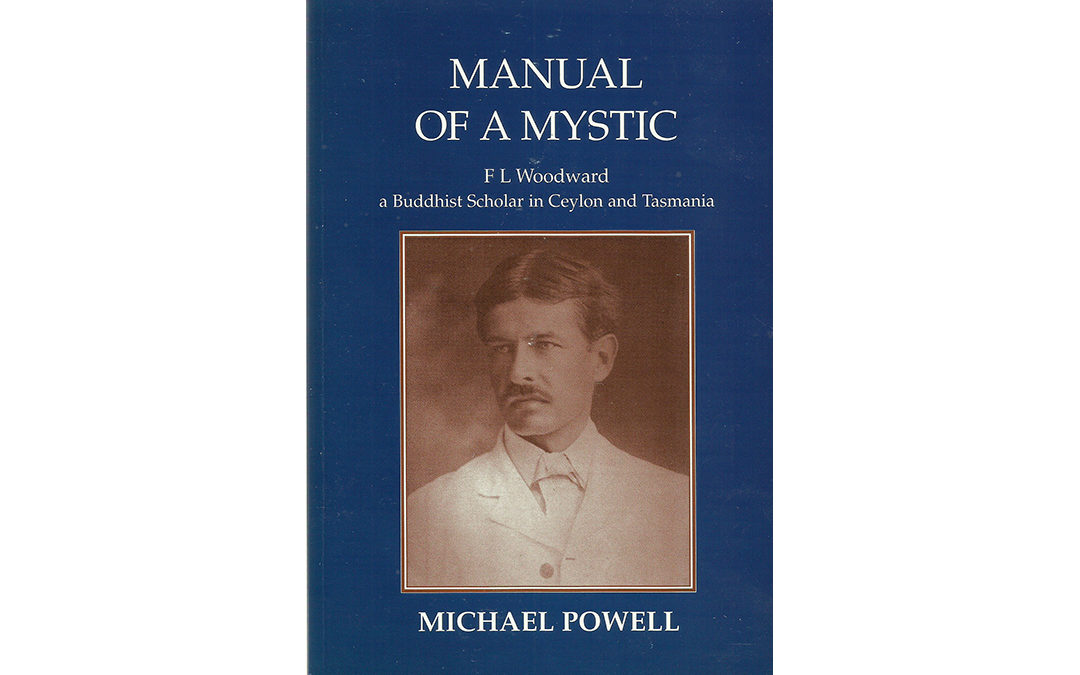THESIS ABSTRACT
Khippam Vayama- Strive earnestly[1]
Cultural and Religious Themes in the Life of FL Woodward.
FL Woodward, born in Norfolk in 1871, was inspired by the late nineteenth century fascination with Buddhism, mediated by the influential Theosophical Society, to volunteer himself for service in the Society’s Buddhist educational mission to Ceylon. Woodward formed Mahinda College, Galle, into the premier Buddhist institution in southern Ceylon with considerable influence on the Buddhist Revival and the nationalist movement. Woodward’s promotion, through the school, of ‘Protestant Buddhism’ with its emphasis on laicisation and access to the Buddhist Canon, to which he personally contributed, helped establish the shape of twentieth century Sinahala Buddhism. His strong promotion of national culture, and particularly use of the vernacular, also contributed to the religio-linguistic shape of twentieth century Sinhala nationalism, though not necessarily in a form with which Woodward would have approved.
While Sinahala Buddhism and nationalism readily absorbed those aspects that furthered its aims, it decidedly rejected Theosophical accretions and moderation which ultimately compromised Woodward’s continued presence. He retired to Tasmania to devote the last thirty three years of his life (1919-1952) to editing and translating the Pali Buddhist Canon and providing a Concordance, a work of considerable, if obscure, scholarly importance.
FL Woodward has the prismatic qualities of a subaltern life that sheds light on social and religious transformations of the late nineteenth century within an imperial paradigm, and illuminates the parallel aspects of personal and cultural formation. Consequently, this is not a definitive biography but a study that appropriates Woodward’s endeavours to examine a number of disparate historic and cultural themes, that would not be considered in this particular configuration but for the fact that Woodward lived them.
Woodward’s presence in both Ceylon and Tasmania presents as an odd tale of eccentric existence on the periphery, but far from being atypical, Woodward exhibits identifiable nineteenth century themes, albeit themes that inhabit the margins and decentred aspects of his times:
-the exploration of alternative religiosity- Buddhism and Theosophy- with its subsequent impact on culture and politics, was a significant sub theme of nineteenth century endeavour.
-the contribution to education in Ceylon, while unusual for its Buddhist inflection was within the context of nineteenth century imperial endeavour, an obverse emulation of missionary activity.
-retirement to Tasmania, far from a departure to the periphery, was part of a pattern of Anglo-Indian settlement that shaped the demography of Tasmania until the middle of the twentieth century.
-the attraction to editing and translating Buddhist scriptures and commentaries, to which Woodward’s contribution was considerable, represents a extension of nineteenth century fascination with philology and textual criticism.
Woodward’s attraction to Buddhism and Theosophy, an alternate religiosity that appears eccentric, demonstrates a perennial religious questing which, Winnicott shows, resides within the centre of cultural formation. Said’s examination of the interface with the Other on the cultural plane is aligned with Winnicott’s psycho-analytic examination of the relationship of Self to Other at the personal level to offer a means of exploring the imperial experience, and in particular, the personal interest in religious ideology emanating from the Other.
Woodward’s experience brings together the religious encounters of the nineteenth century with the present fin de siecle, illuminating the fascination with alternate religions, cults and niche beliefs by the middle class and educated, and the persistent contrast of the rational and irrational. Woodward’s life and ideas while apparently eccentric, are, in fact, within the ordinary impulses of his time, though what the character of Woodward reveals, is that within apparently peculiar faith, resides a voice able to transcend the content of belief to touch the lives of others with thought and meaning.
Michael Powell
School of History and Classics
University of Tasmania, Launceston.
Download the Full Book
